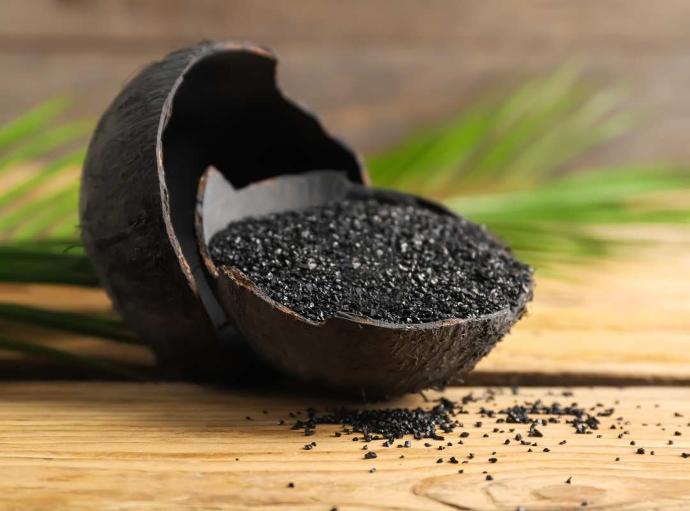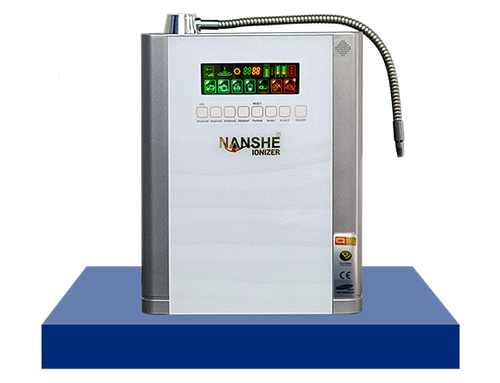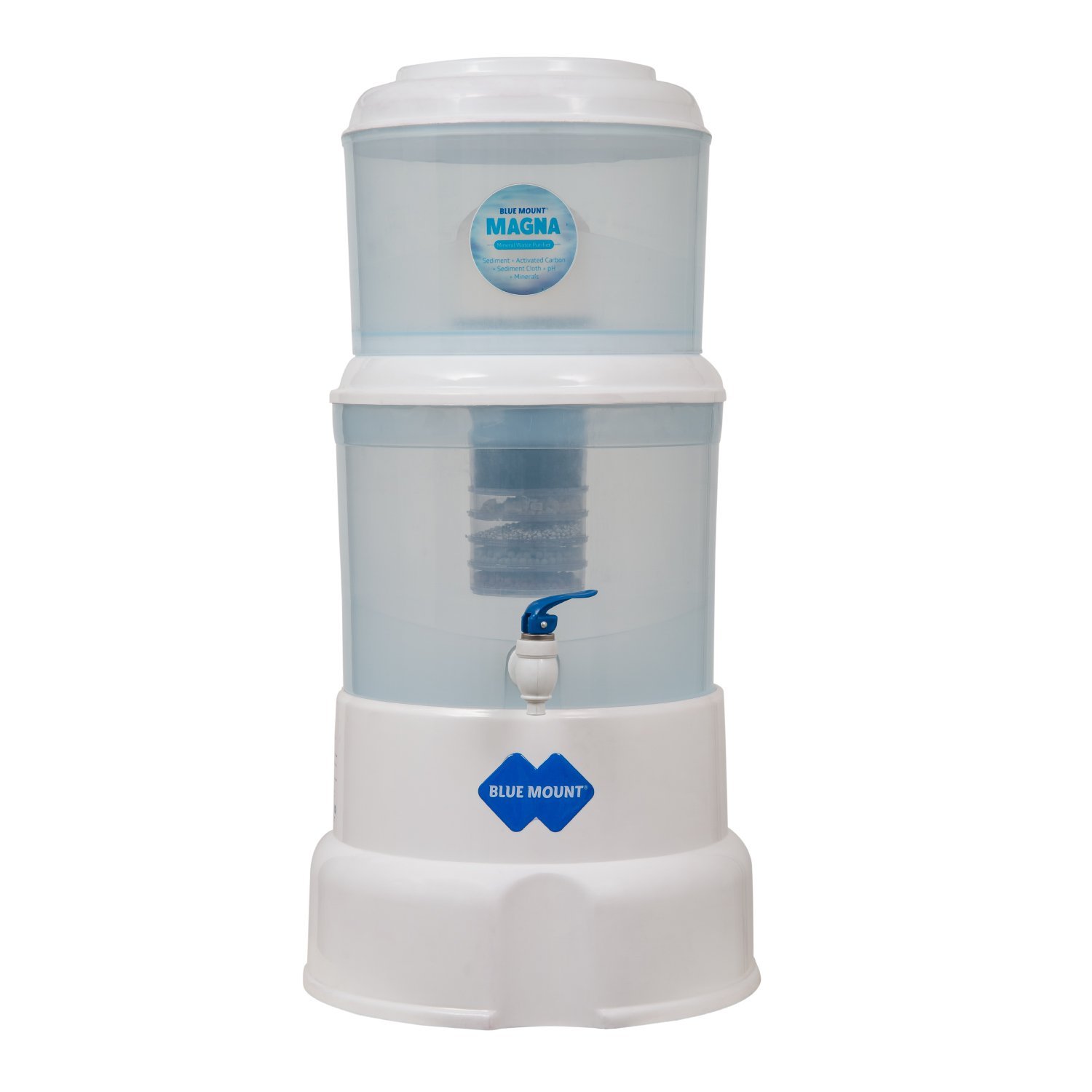Water an essential resource, and having access to clean and safe drinking water is crucial for maintaining good health. However, tap water can contain impurities and contaminants that may pose a risk to our well-being. This is where water purifiers come in. In this comprehensive guide, we will explore the types of water purifiers available, factors to consider when choosing one, how to compare brands and models, practical installation considerations, and more. By the end, you'll be equipped with the knowledge to make an informed decision and choose the right water purifier for your home.
Types of Water Purifiers
Reverse Osmosis (RO) Purifiers

RO purifiers are highly effective at removing various impurities from water. They work by forcing water through a semipermeable membrane, which filters out contaminants. This process not only eliminates large particles but also removes harmful substances such as dissolved solids and heavy metals. However, it's important to note that RO purifiers also remove certain minerals that are beneficial to our health. Moreover, they require a steady water pressure to function optimally.
Ultraviolet (UV) Purifiers

UV purifiers use ultraviolet light to disinfect water and destroy harmful microorganisms like bacteria and viruses. Unlike other purifiers, UV technology doesn't remove physical impurities or chemicals but ensures that the water is free from pathogens. UV purifiers are most effective when used in conjunction with other water treatment methods to ensure comprehensive filtration.
Activated Carbon (AC) Purifiers

AC purifiers rely on activated carbon to absorb contaminants and improve the taste and odor of water. The carbon acts like a magnet, attracting impurities and trapping them in its pores. AC purifiers are particularly effective at removing chlorine, volatile organic compounds (VOCs), and certain chemicals. However, they may not be as effective at eliminating heavy metals or dissolved solids.
Gravity-based Purifiers
Gravity-based purifiers use the force of gravity to filter water through various stages. These purifiers are ideal for areas without a consistent water supply or electricity. They typically consist of multiple filtration chambers, including activated carbon and sediment filters, to tackle different types of impurities. While gravity-based purifiers are affordable and easy to use, they may not be suitable for water sources with high levels of contaminants.
Alkaline Ionizer Water Purifiers

Alkaline ionizer water purifiers are advanced filtration systems designed to not only purify water but also enhance its pH level. These devices use a process called electrolysis to separate water into alkaline and acidic components, with the alkaline portion being rich in beneficial minerals such as calcium, magnesium, and potassium. The resulting alkaline water is believed by some to offer potential health benefits, including better hydration, detoxification, and improved pH balance in the body. Additionally, alkaline ionizer water purifiers often come with various filtration stages to remove impurities, ensuring clean and healthy drinking water for consumers.
Factors to Consider when Choosing a Water Purifier
Water Quality
To choose the right water purifier, it's essential to understand the quality of your water. Different water sources may contain specific contaminants that require targeted filtration methods. Conducting a water quality test can help identify the presence of impurities, including bacteria, viruses, heavy metals, and chemicals. Based on the results, you can select a purifier with the appropriate filtration technology to address your specific needs.
Budget
When considering a water purifier, it's important to factor in the initial cost, maintenance expenses, and long-term cost effectiveness. The price of water purifiers can vary significantly depending on the type, brand, and additional features. It's also crucial to consider the cost of replacement filters and any other required maintenance. While certain purifiers may have a higher upfront cost, they may prove more cost-effective over time due to lower maintenance requirements or longer-lasting filters.
Water Consumption
Estimating your daily water usage is crucial for selecting a purifier with the appropriate capacity. Water purifiers come in various sizes, and choosing one that matches your household's needs ensures you have access to clean water without experiencing frequent bottle refills or running out of filtered water. Strike a balance between capacity and efficiency to avoid unnecessary wastage or limitations on water availability.
Comparing Brands and Models
When investing in a water purifier, it's important to select a brand with a solid reputation for producing reliable and effective products. Researching reputable brands and manufacturers can provide insights into their commitment to quality and customer satisfaction. Additionally, user reviews and ratings offer valuable feedback on the performance and durability of various models. Pay attention to warranty and customer support offerings, as they indicate a brand's confidence in their products.
Features and Specifications
Different water purifiers come with varying filtration technologies and additional features. Consider the specific filtration needs of your water and choose a purifier that offers the most suitable technology. For example, if you're dealing with heavily contaminated water, a purifier with multiple filtration stages may be necessary. Energy efficiency and water wastage should also be considered, especially for eco-conscious individuals or areas with limited water availability.
Maintenance and Filter Replacement
Regular maintenance and filter replacement are vital for ensuring the continued effectiveness of your water purifier. Research the frequency of filter replacements for different models and assess the ease of maintenance. Availability of spare parts is another important consideration, as it ensures the longevity of your purifier. Take into account the cost of replacement filters, as this recurring expense can impact the long-term affordability of the purifier.
Installation and Practical
Considerations
Space Requirements
Before purchasing a water purifier, assess the available space in your home for installation. Some purifiers, such as under-sink models, require a designated area and plumbing connections. Others, like countertop or pitcher purifiers, are more compact and portable. Consider mounting options and compatibility with your existing fixtures to ensure a smooth installation process.
Installation Process
Decide whether to opt for DIY installation or professional assistance based on your comfort level and the complexity of the plumbing requirements. DIY installation is generally straightforward for simpler purifiers, while more complex systems may require professional expertise. Keep in mind that some warranties may be contingent on professional installation. Familiarize yourself with the installation process and troubleshoot common issues to avoid unexpected challenges.
After-sales Service and Support
Ensure the brand you choose offers reliable after-sales service and technical assistance. In case of any issues or concerns, having access to timely support can make a significant difference. Evaluate the warranty coverage and duration, as it reflects a brand's confidence in their product. Customer feedback and satisfaction levels provide additional insights into the overall experience of owning a particular purifier.
Summary
Choosing the right water purifier for your home is a decision that requires careful consideration. It's crucial to take into account factors such as water quality, budget, water consumption, brand reputation, features, maintenance, and installation requirements. By understanding your specific needs and conducting thorough research, you can make an informed choice and ensure access to clean and safe drinking water.
Frequently Asked Questions (FAQs)
Residential water can contain contaminants such as bacteria, viruses, heavy metals, chemicals, sediments, and dissolved solids.
The frequency of filter replacement varies depending on the specific purifier and the level of water contamination. Generally, it is recommended to replace filters every 6 to 12 months.
Yes, certain types of water purifiers, such as activated carbon and AC purifiers, are specifically designed to remove impurities that affect the taste and odor of tap water.
Besides removing contaminants, water purifiers can help prevent the buildup of limescale in appliances, improve the lifespan of plumbing fixtures, and reduce the reliance on single-use plastic bottles.
Yes, purifiers that utilize UV technology or have multiple filtration stages are effective at removing bacteria and viruses, ensuring the water is safe to drink.
The installation process duration depends on the type and complexity of the purifier. Some purifiers, like countertop models, can be set up within minutes, while others, like under-sink purifiers, may require professional installation and take longer to complete.
